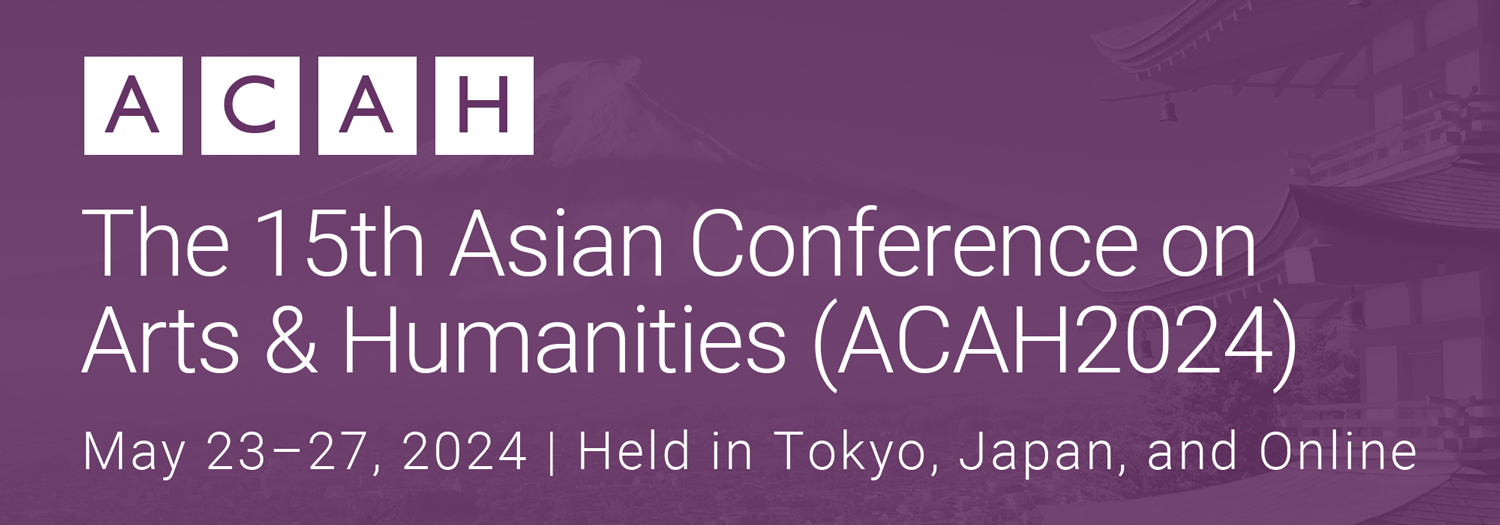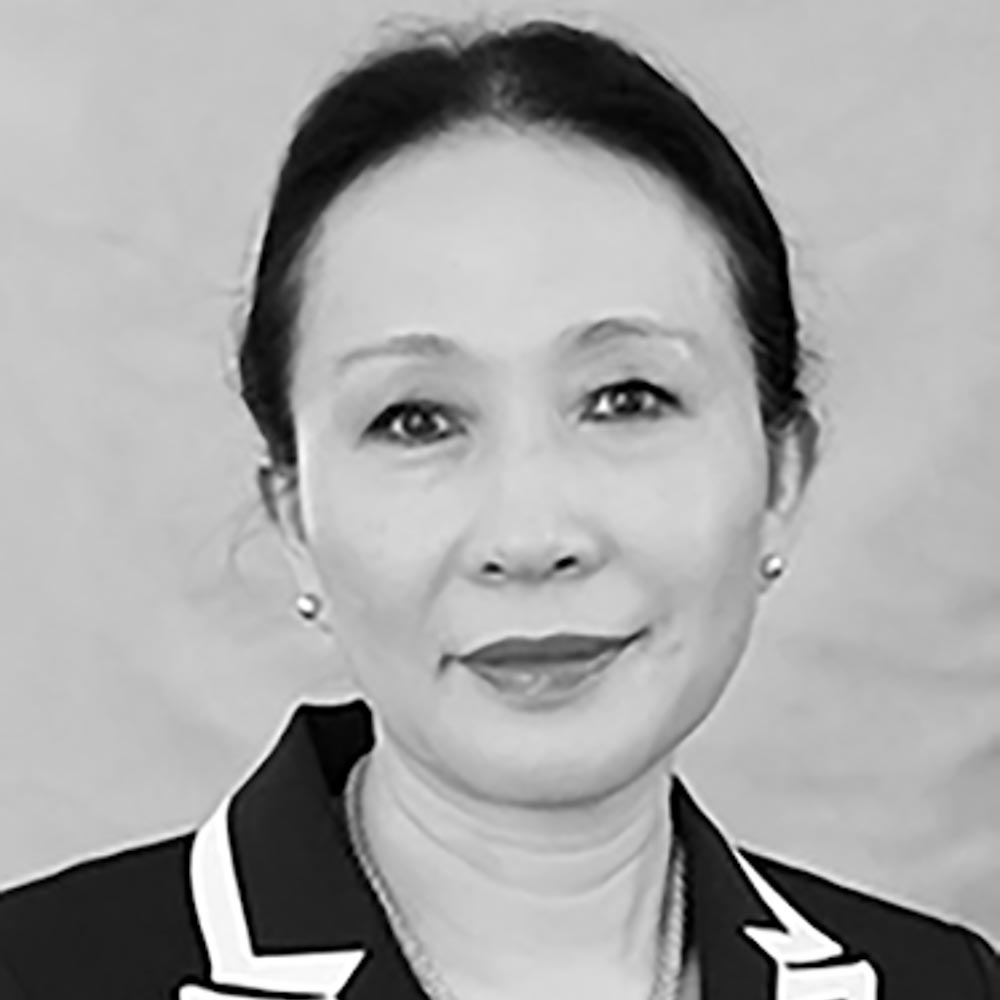Biography
Dr Xiao-lei Wang is a full professor and the Dean of the Ruth S. Ammon College of Education and Health Sciences at Adelphi University in the United States. Dr Wang Received her PhD in Educational Psychology from the University of Chicago. She is an interdisciplinary scholar. Her research topics range from nonverbal communication (in particular, hand gestures), mother-child interactions in different cultural groups, moral education, global education to multilingual acquisition. Most notably, she has been documenting simultaneous multilingual acquisition and development longitudinally since 1995 and published the results in several well-received books. Moreover, she has published extensively in peer-reviewed journals on various topics.
Spotlight Presentation
Playing with Languages: Linguistic Innovation of Multilingual Children
All children have an intuitive predilection to play with language and respond to language play. However, multilingual children may demonstrate additional talents and characteristics in using language playfully as a result of being able to access multiple cultural and linguistic resources. This paper presents a longitudinal case study that examines how two trilingual siblings (Chinese, French, and English) displayed their linguistic dexterity in the use of ludic language. Situated in the everyday context, the study reveals that the multilingual siblings used language play to transcend the linguistic norms of their ambient languages to negotiate meaning, leverage their communicative intents, and develop their unique multilingual identity. In addition, the study suggests that the trilingual siblings’ language play was syncretic in nature; that is, their language play included hybrid elements from their respective languages and cultures. The significance of the syncretic language play is that it enabled the multilingual siblings to develop nuanced and creative manners of Discourse. Thus, multilingual children, in particular those who grow up with more than two languages simultaneously, are able to use language play as an optimizing strategy to synthesize a wide variety of new meanings that any single linguistic system is incapable of offering by itself. The paper concludes with thoughts on future directions of research in multilingual children’s language play and educational implications.

